Your cart is currently empty!
Category: Purple Reset Publishing
Journaling: How to Avoid Toxic Positivity & Embracing the Process
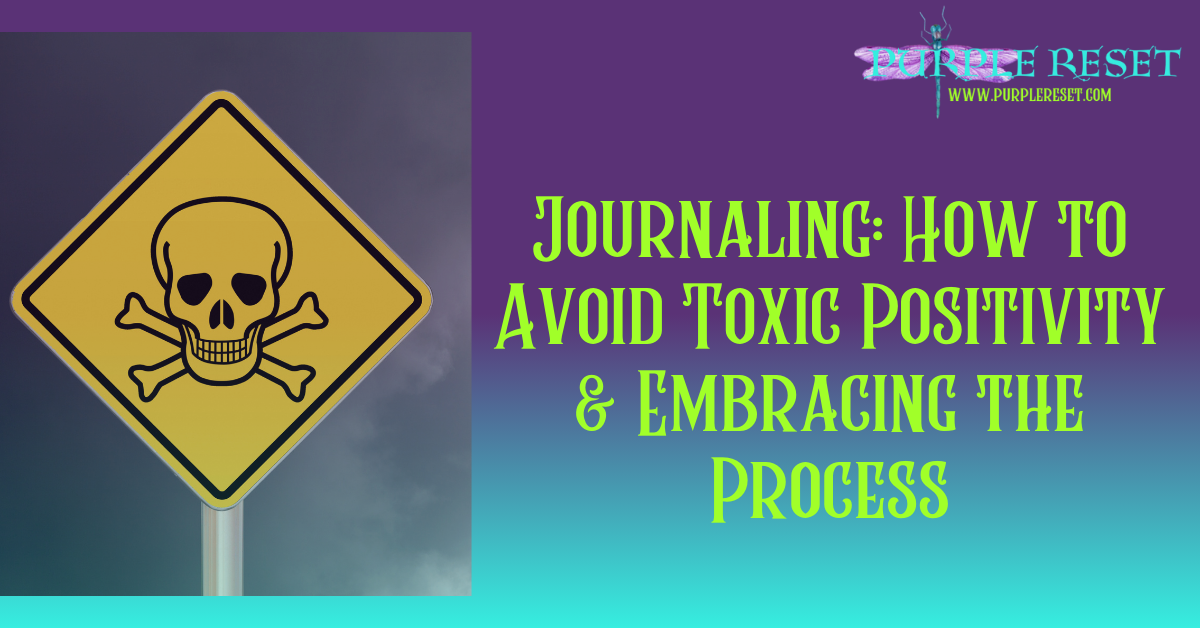
Journaling is often praised as a tool for self-growth, clarity, and emotional release. But what happens when it stops feeling like a safe space and starts feeling like another thing on your to-do list? Or when you feel pressured to always be positive in your entries? Well hello toxic positivity. This is where toxic positivity…
Journaling: How to Avoid Unhealthy Identity Labels & Limiting Beliefs

Journaling is a powerful tool for self-reflection, but have you ever found yourself writing the same struggles over and over? While it’s important to process emotions, constant focus on hardships can sometimes reinforce limiting beliefs, like seeing yourself as “broken,” “stuck,” or “not good enough.” Let’s explore how to embrace journaling as a tool for…
Journaling for Men: Can we Break the Stigma & Use It for Good?

For years, journaling has been labeled as a feminine or introspective practice, something society hasn’t always encouraged men to engage in. Many guys are taught to “man up,” keep emotions in check, and power through challenges without reflection. But here’s the truth: Journaling is one of the most effective tools for mental clarity, emotional resilience,…
The Science of Journaling: How Writing Can Improve Your Mental Health
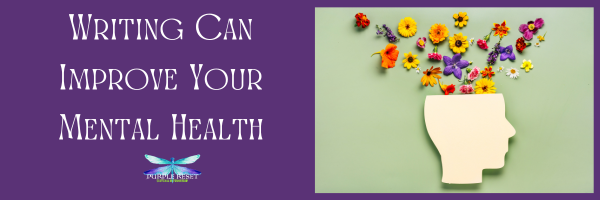
In a world that often feels chaotic and overwhelming, finding a simple, effective way to improve your mental health can feel like discovering a hidden treasure. Journaling is one such tool. While it might seem like just putting pen to paper, science shows that journaling is far more than that, it’s a powerful practice with…
Journaling vs. Taking Action: Are You Stuck in Reflection Mode?
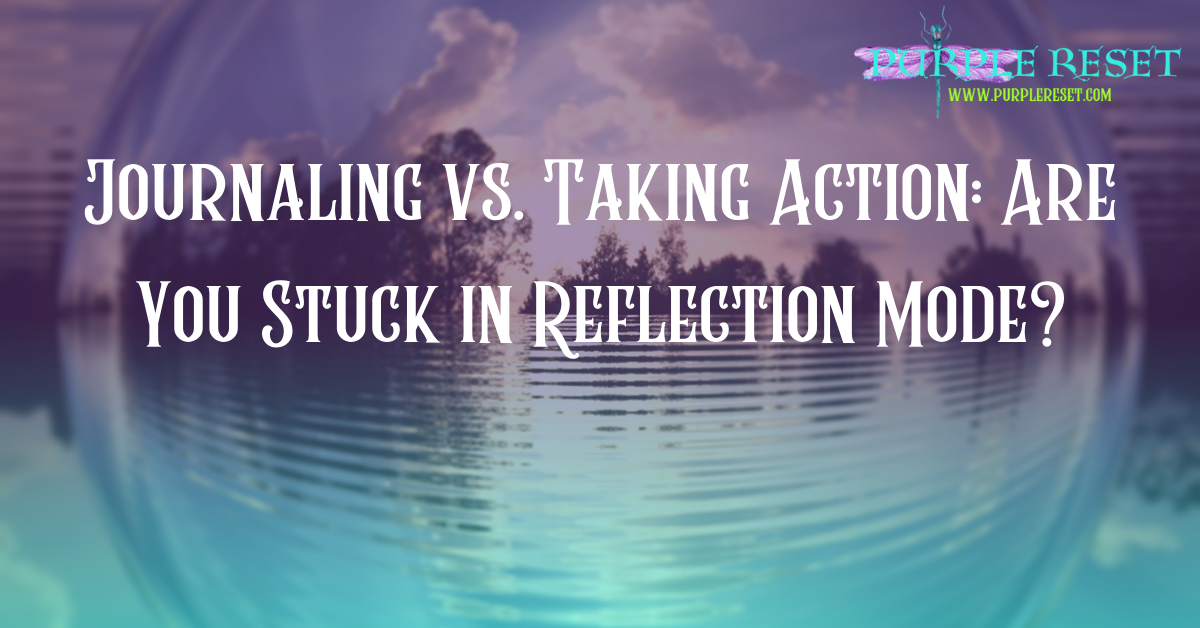
Journaling is an incredible tool for self-awareness, emotional processing, and personal growth. But here’s the catch: if journaling becomes a substitute for action, it can lead to stagnation rather than progress. Have you ever written about the same challenge over and over but never taken steps to change it? Or set goals in your journal…
Why Handwriting Makes a Difference
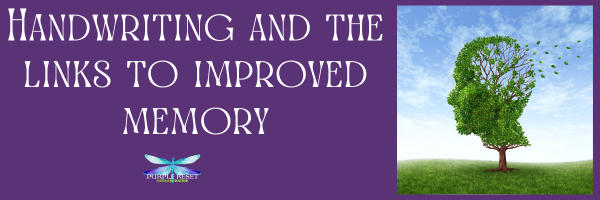
The Neural Link Between Handwriting and Memory In our increasingly digital world, the simple act of handwriting may seem old-fashioned, but science suggests that it holds unique benefits for our brains—especially when it comes to memory. The connection between handwriting and memory is complex and not yet fully understood, but emerging theories shed light on…
Journaling for Stress Relief: Unique Activity Combinations
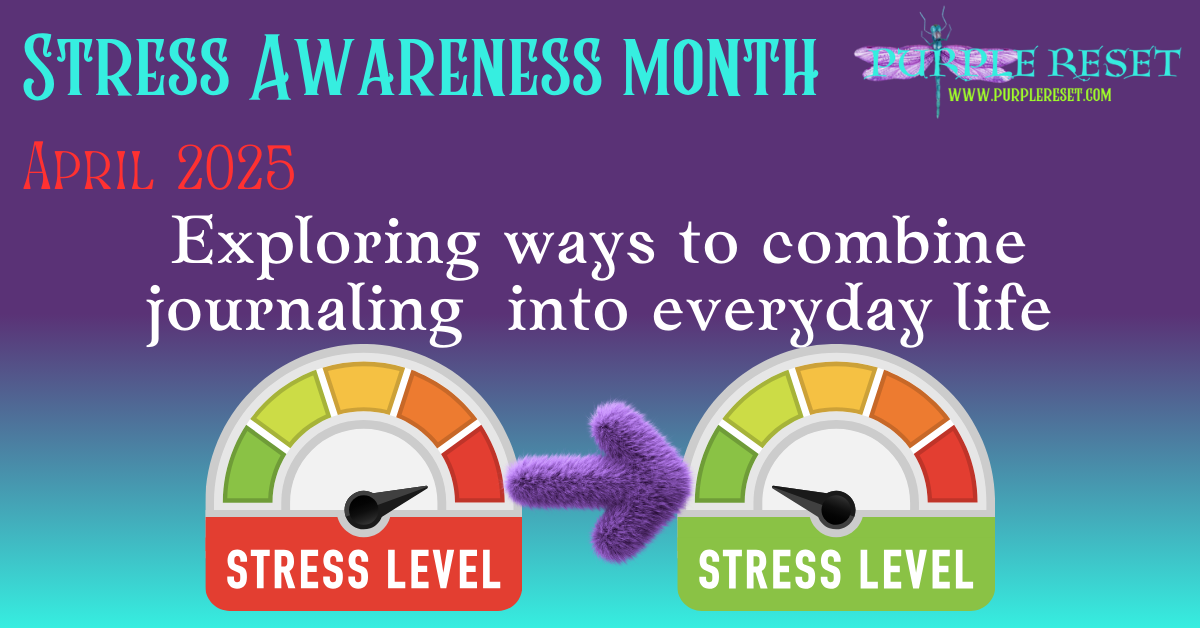
Journaling is a powerful tool for managing stress, processing emotions, and improving mental clarity. However, for some people, especially those who are neurodivergent, the traditional idea of sitting quietly with a notebook might not be the best fit. The good news? Journaling doesn’t have to be a solo, static activity. By combining it with movement,…
Why Journaling Is the Missing Link in Building Lasting Habits
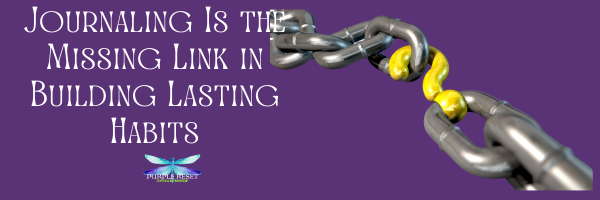
We all know the basics of building habits: start small, stay consistent, and be patient. But despite the countless habit trackers, goal-setting systems, and motivational apps out there, many of us still struggle to make our habits stick. What’s missing? The answer may lie in reflective journaling. Journaling doesn’t just help you organize your thoughts…
Rebuilding Routines, Habits, and Rituals

There comes a time when your existing routines simply doesn’t work anymore. It happens to everyone, and yet it can feel incredibly personal, like you’ve somehow failed. “I did it for X amount of weeks or months, but now I can’t, for some reason, so I failed.” Let me stop you right there: You have…
Why You Should Make Journaling a Fun and Enjoyable Activity

Journaling is often seen as a tool for self-reflection, productivity, or emotional processing, but it can also be an activity that brings joy and lightness into your life. When approached with curiosity and playfulness, journaling becomes not just a task, but a fun and fulfilling practice that improves both mind and body. In this blog,…
